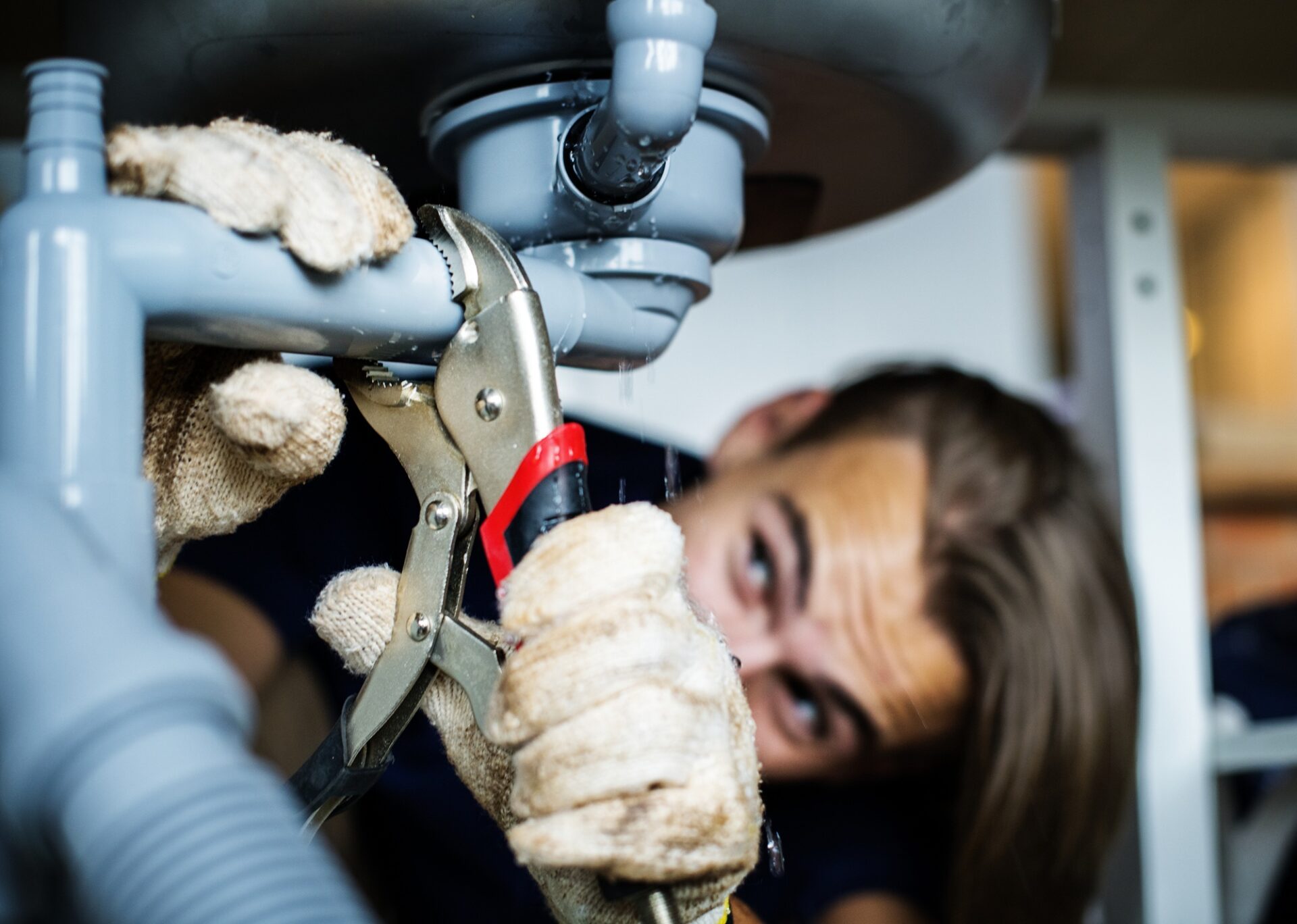Plumbing codes play a crucial role in ensuring that water systems are safe, efficient, and reliable. They set standards for how pipes, fixtures, and appliances should be installed and maintained, helping to prevent leaks, water contamination, and other hazards. Following these codes is not just a legal requirement—it also protects your home, your health, and your investment.
Arizona has its own state-specific plumbing codes, and many cities and counties have additional local regulations. Homeowners and contractors alike need to be aware of these rules to ensure that all plumbing work meets the proper standards. Ignoring these requirements can lead to costly repairs, failed inspections, or even safety risks.
The purpose of this blog is to provide an overview of the key Arizona plumbing codes that matter most for homeowners. By understanding these regulations, you can ensure that your plumbing projects are safe, compliant, and up to code, whether you’re tackling a renovation, a repair, or a new installation.
What Are Plumbing Codes and Why They Matter
Plumbing codes are a set of regulations that dictate how plumbing systems should be designed, installed, and maintained. They serve as a guideline for contractors, builders, and homeowners to ensure that water supply, drainage, and venting systems function safely and efficiently. These codes are critical during construction and renovation projects to guarantee that plumbing work meets minimum safety and quality standards.
Following plumbing codes helps protect your home and health. They ensure that clean water is delivered safely, wastewater is properly disposed of, and potential hazards like leaks or contamination are minimized. Additionally, adherence to codes prevents property damage caused by burst pipes, flooding, or improper installations, which can be costly and disruptive to repair.
While there are national plumbing standards, such as those set by the International Plumbing Code (IPC) or the Uniform Plumbing Code (UPC), individual states can adopt these standards with specific amendments. Arizona, for example, has its own modifications to address local climate, water supply, and construction practices. Understanding the difference between national guidelines and state-specific codes is important for ensuring compliance and avoiding potential violations.
Overview of Arizona Plumbing Codes
In Arizona, plumbing regulations are outlined in the Arizona Administrative Code (AAC), which sets the standards for plumbing installations and maintenance across the state. The AAC provides detailed guidance for contractors, inspectors, and homeowners, ensuring that plumbing systems are safe, efficient, and compliant with state law. These regulations cover everything from pipe materials and fixture installations to water heater requirements and backflow prevention.
Arizona has adopted the Uniform Plumbing Code (UPC) as the foundation for its plumbing regulations but includes state-specific amendments to address local needs. These amendments take into account Arizona’s climate, water supply, and construction practices, helping to ensure plumbing systems function properly in desert conditions and meet the unique demands of homes in the state.
Some examples of where Arizona codes differ from national standards include requirements for water heater installations, specific pipe materials and sizing, and backflow prevention measures. These differences are designed to improve safety, protect water quality, and accommodate the environmental conditions unique to Arizona. By understanding these variations, homeowners and contractors can ensure that their plumbing systems are fully compliant and optimized for local conditions.
Common Arizona Plumbing Requirements for Homeowners
Arizona plumbing codes include specific requirements that homeowners should be aware of, particularly when installing or replacing water heaters. The codes regulate the maximum water temperature, the installation of pressure relief valves, and proper venting to ensure safe operation. These standards help prevent scalding, pressure buildup, and potential damage to your home.
Pipe materials and sizing are also regulated to maintain proper water flow and prevent leaks. Arizona codes specify which materials are approved for potable water, drainage, and venting, as well as the minimum pipe diameters for various applications. Following these standards ensures that your plumbing system is both durable and efficient.
Backflow prevention is another critical requirement in Arizona. Plumbing systems must include devices that prevent contaminated water from flowing back into the main water supply, protecting both the home and the community. Water quality regulations also mandate that all plumbing installations meet safety standards to ensure clean and safe water for daily use.
For new construction or major renovations, Arizona plumbing codes outline requirements for fixtures such as sinks, toilets, showers, and faucets. These regulations cover proper installation, spacing, and water efficiency, helping homeowners save on water bills while maintaining compliance with state standards. Understanding and adhering to these requirements is essential to avoid violations and ensure a safe, functional plumbing system.
Consequences of Not Following Arizona Plumbing Codes
Failing to follow Arizona plumbing codes can pose serious risks to health and safety. Improperly installed pipes or fixtures can lead to water contamination, leaks, or even flooding, creating hazardous conditions in your home. These issues not only compromise the safety of your family but can also cause extensive property damage that may require costly repairs.
Noncompliance with plumbing codes can also result in legal or financial penalties. Homeowners or contractors who ignore code requirements may face fines, stop-work orders, or mandatory corrections imposed by local building authorities. These penalties can add unexpected costs and delays to construction or renovation projects.
Additionally, plumbing code violations can create challenges when selling a home or undergoing an inspection. A home with noncompliant plumbing may fail an inspection, reduce resale value, or require repairs before a sale can proceed. Ensuring that all plumbing work meets Arizona codes protects both your investment and your peace of mind.
How a Professional Plumber Can Help
Hiring a professional plumber is one of the best ways to ensure that all plumbing work in your home meets both state and local Arizona codes. Licensed plumbers are trained to understand the nuances of state-specific regulations as well as any local amendments, ensuring that installations, repairs, and upgrades are fully compliant.
Professional plumbers can also provide expert advice for renovations, new installations, or repairs. Whether you’re updating your bathroom, installing a new water heater, or replacing pipes, a licensed plumber can guide you on materials, placement, and code requirements to avoid mistakes that could lead to future problems.
Working with a professional offers peace of mind. You can trust that your plumbing system is safe, efficient, and compliant, reducing the risk of costly code violations, fines, or emergency repairs. By relying on an experienced plumber, homeowners can protect both their property and their investment over the long term.
Code Blue Plumbing are Plumbing Code Experts
Understanding Arizona-specific plumbing codes is essential for every homeowner. These regulations ensure that plumbing systems are safe, efficient, and compliant with both state and local requirements. Following the codes helps prevent health hazards, water damage, and costly repairs, while also protecting your home’s value.
For peace of mind and proper compliance, it’s always a good idea to consult licensed professionals like Code Blue Plumbing. Our experienced team can guide you through renovations, repairs, and new installations, making sure all work meets Arizona codes. By relying on professional expertise, you can safeguard your home and enjoy a plumbing system that functions safely and efficiently.


